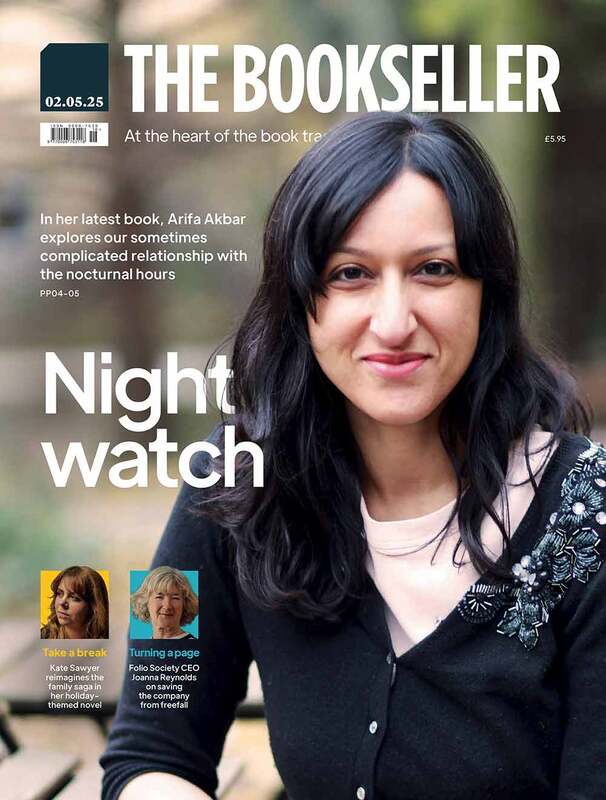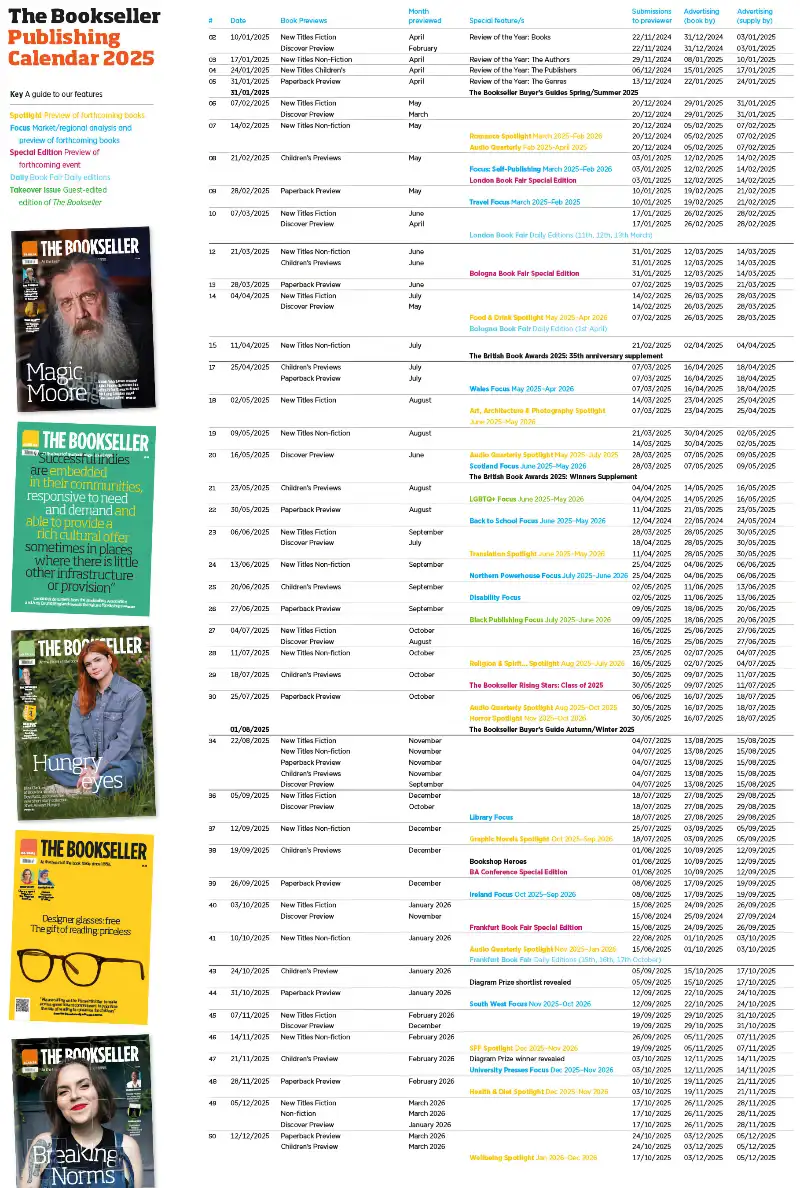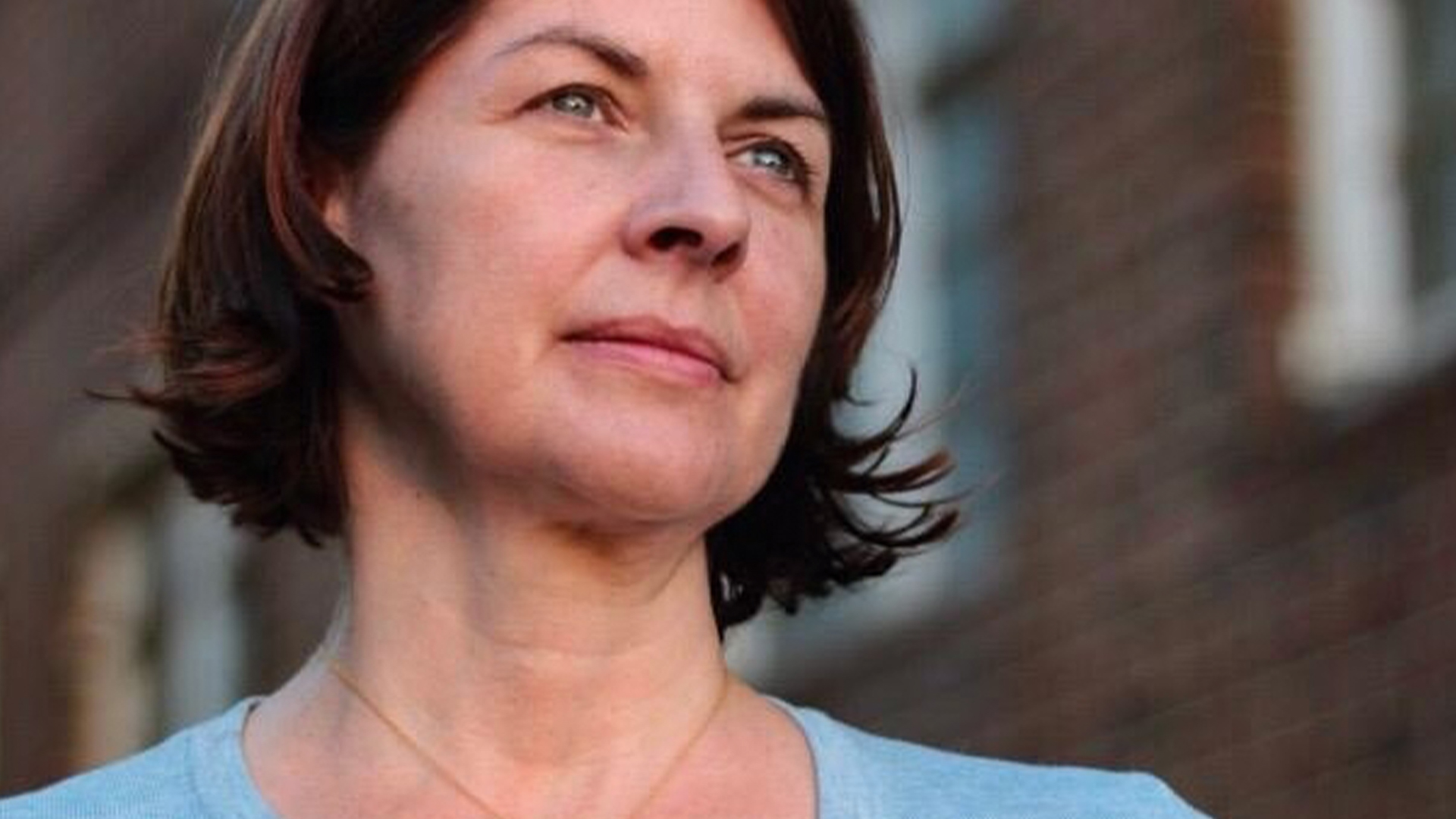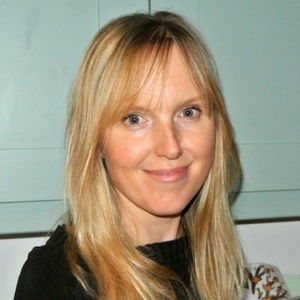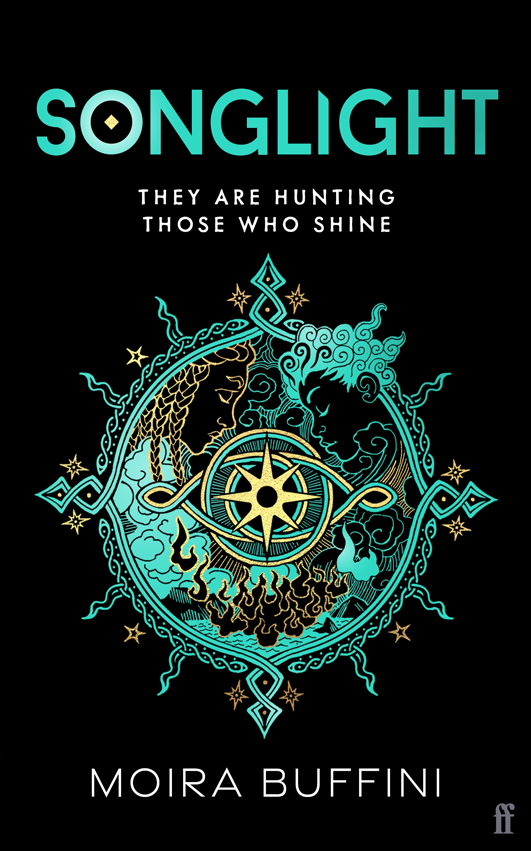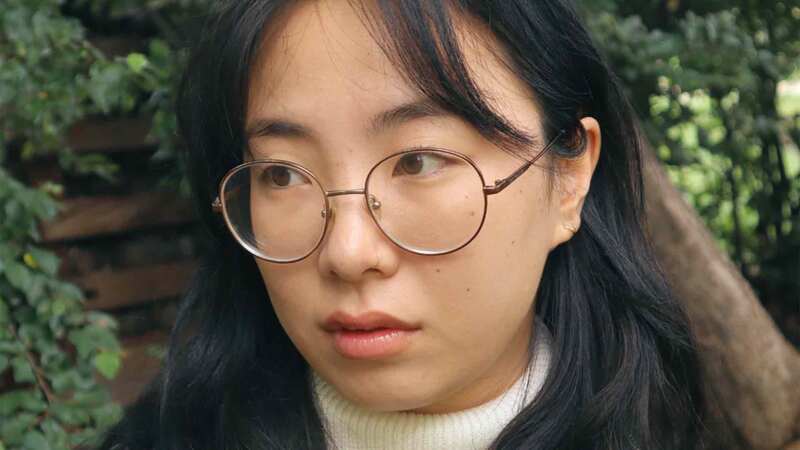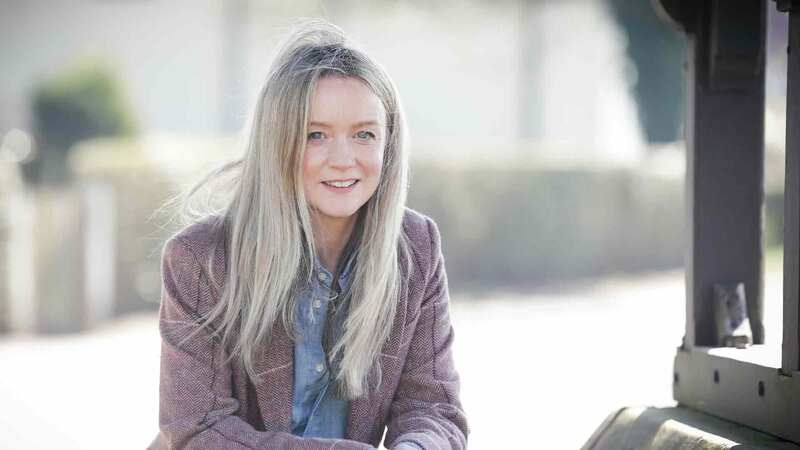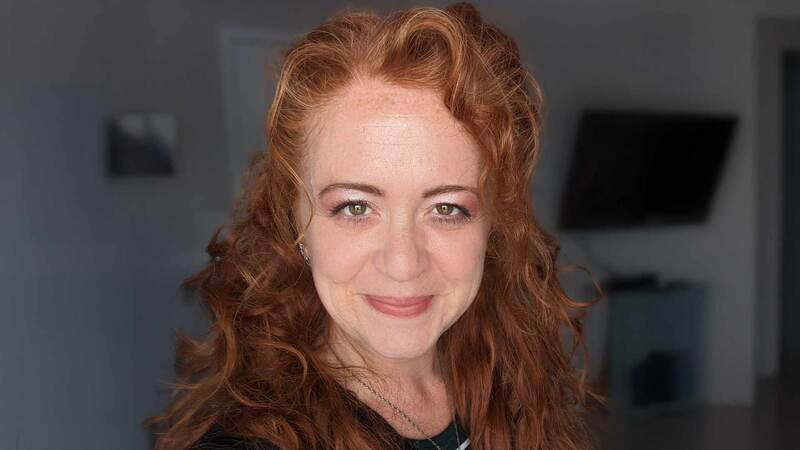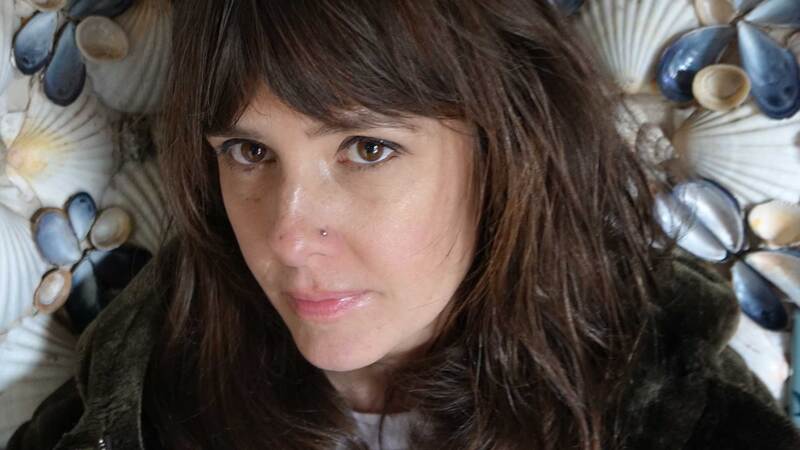You are viewing your 1 free article this month. Login to read more articles.
Début novelist Moira Buffini discusses the challenges of world building and the joys of prose
Moira Buffini’s dystopian coming-of-age novel explores the social and environmental challenges facing today’s young people.
I’d long wanted to write this story set in the future about two telepathic girls—since my own teens when I first read John Wyndham’s The Chrysalids,” Moira Buffini tells me, speaking over the phone from her London home. Faber acquired The Torch Trilogy in a major deal at the 2023 Bologna Book Fair and will publish the first book this August. Pitched as its biggest ever YA publication, Songlight is set in a post-apocalyptic future where an advanced form of telepathy has emerged. However, in the country of Brightland, anyone found with this sixth sense is hunted as an ‘unhuman’, and persecuted, either by death or surgery to limit their powers. Two girls, Kaira and Elsa, have lived their lives in great danger, concealing their abilities to survive. When they connect telepathically, an extraordinary bond is formed, which plays out against a turbulent backdrop of war and power.
Buffini is one of the UK’s leading playwrights and screenwriters whose credits include TV show “Harlots”, the Bafta-nominated film “The Dig” and Olivier-award-winning play “Handbagged”. She initially worked the idea of Songlight up as a potential film with her screenwriter friend Matt Charman, until, on a train to London one day, she wrote two paragraphs in prose and had a revelation.
This is the nearest I’ve come to expressing my fears about the state the world is in
“It was like being inside the girl. What was Elsa seeing? And I knew by the time I got to London that it could only be a book.” Having been a dramatist all her life, Buffini says it has been a joy to discover prose. “Drama is so distilled. You have only your stage directions and your dialogue to convey absolutely everything. In prose, you’ve got a much bigger paintbox. I think what I really am is a storyteller, and each story presents itself as being best told in a particular form.” The book is narrated in the first person from multiple points of view, the two girls along with several other characters. Some writers would see this as a daunting challenge for a début novel but for Buffini it is a natural progression from writing for the stage. “They’re like internal monologues. That’s the way I ‘feel’ character. I don’t think I am this kind of omnipotent presence in my prose, I’m very much writing from inside the characters.” If finding her characters’ voices was relatively effortless, the difficult bit, she admits, was the world-building and developing the political and belief systems. This will be revealed organically through the trilogy as the world opens up to the protagonists: book one begins in a village, but by book three, Buffini says the outlook will be global. “The characters are very naturally revealing their world through what they see, through what they do and through what is done to them.”
Writing for young people was less of a shift as she has previously authored three plays for younger audiences. “They are the most exacting audience, the most openminded audience and the most imaginative audience,” she enthuses. “And, in the way that theatre despises genre, young people love it. It’s a brilliant way of talking about really important things in society.” Songlight sits very firmly in the YA dystopia genre: a coming-of-age journey against a backdrop of power and corruption, the epic scope, cinematic action scenes. Woven into this thrilling story is a pertinent commentary about our own times. For the last two decades, Buffini tells me, she has been trying to find a way to write about what we are doing to this planet. “This is the nearest I’ve come to expressing my fears about the state the world is in.” Authors of classic dystopian texts, like Wyndham, Margaret Atwood and Ursula K Le Guin, provided inspiration for exploring current issues through the framework of dystopia. In Songlight’s post-apocalyptic world, 21st-century society is known as the time of “the light people”, who squandered the world’s resources. Women’s rights feature heavily; women in Brightland are constrained to being first or second wives or serving in brothels known as “pink houses”. Like Atwood in The Handmaid’s Tale, Buffini was keen to reflect the real experiences of women, “thinking my way into systems that were in place to control women’s lives and deny them any power over their bodies. It is terrifying, the fragility of our rights”.
Buffini says she originally envisaged the book as a story for her daughter, who longed for more female-led action films like “The Hunger Games”, but now sees it equally as a book for her son and for boys. Ideas around toxic masculinity are examined through the impact of Brightland’s macho, militaristic culture. We see that the young men who return from the war are very distant from their heroic reputations. “This effort of having to conform to an image of what a man is,” she ponders, “what does that actually do to young men?”
Book extract
I realise I’m no longer alone. I smile with delight and I thrill at the danger. Rye Tern has come. “How’s the catch?” he asks. I see him then—or sense him, I should say. Songlight can’t be described in words. Rye’s with me, but he’s not. I see him, but I don’t. He’s here in every sense—but only my sixth one perceives him. He’s leaning on a mop, his shirt sleeves rolled up. He’ll be somewhere in the barracks, but to me, it seems like he’s standing in the stern. The sun still shines through him but as our minds cleave to one another, he grows more solid. “We were parading and I saw your boat. Got myself put on punishment duty so I could come.” He brandishes his mop. The way he smiles through his troubles makes my heart flip upside down.
The first draft of Songlight was written during the first Covid-19 lockdown, in what Buffini calls “that cosmically freaked out space” where the majority of her regular work had vanished overnight. However, despite the darkness of the book’s themes, she feels Songlight is very much a book about hope. “Because it is set so many thousands of years in the future the apocalypse has happened and what I’m writing about is a fragile state of recovery. I remember saying, I want to write about love and light. I think Songlight is where I put all of that.”
This is what draws her to the idea of telepathy, a way of expressing the human need and desire to connect and communicate and, she suggests, an antidote to some of the current individualistic supremacist thinking. “Survival of the fittest is one of the ideas which is killing our planet,” she asserts. “Humanity has thrived because we do connect with each other. We are societal, because we have to care about each other.”

